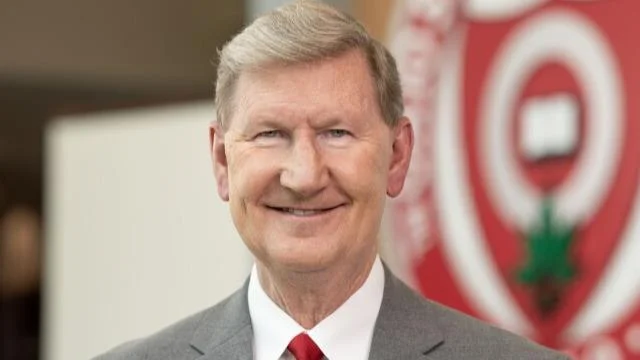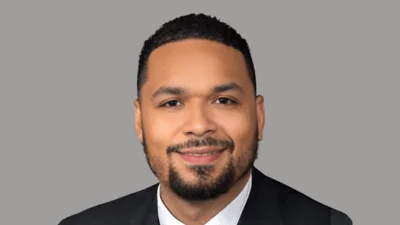Walter “Ted” Carter Jr. President at Ohio State University | Official website
Walter “Ted” Carter Jr. President at Ohio State University | Official website
Experts gathered virtually this week to discuss the ethical use of social media data in research. The panel was hosted by the College of Arts and Sciences’ Center for Ethics and Human Values at The Ohio State University.
The discussion, part of the center’s Conversations About Research Ethics program (CARE), took place during Love Data Week, an international event celebrating research data.
Dana Howard, assistant professor in the College of Medicine Division of Bioethics, moderated the panel. She introduced this year’s theme for Love Data Week: "Whose data is it anyway?"
This question guided the conversation among three panelists: Casey Fiesler from the University of Colorado Boulder, Erin Moore from Ohio State, and Annie Specht also from Ohio State.
Casey Fiesler discussed her work with data from X, formerly known as Twitter. She compared X to a fruit fly, stating that while not representative of the population, it is easy to study due to its accessibility.
Annie Specht highlighted that social media provides “a real-time snapshot of folks’ opinions, beliefs and attitudes.” All panelists agreed on using social media data ethically in research.
Fiesler emphasized considering community norms when using social media data. She asked researchers to think about potential harms and benefits: “What are the norms and expectations... How could individuals or communities be harmed by using it … or disseminating it beyond its original context?”
Erin Moore addressed concerns about social media's reliability. Citing sociologist Irving Goffman, she suggested that people perform online but noted this does not make their expressions less real. Her work on TikTok videos showed how parents document their children’s experiences with type 1 diabetes.
Howard questioned if users should expect their data to be public due to terms of service agreements. Fiesler strongly disagreed: “Terms of service are completely useless for making any kind of ethical decision.”
Moore concluded by stating that ethical considerations must be ongoing: “The ethics don’t get decided on the front end... You have to constantly think about it at every step.”





 Alerts Sign-up
Alerts Sign-up